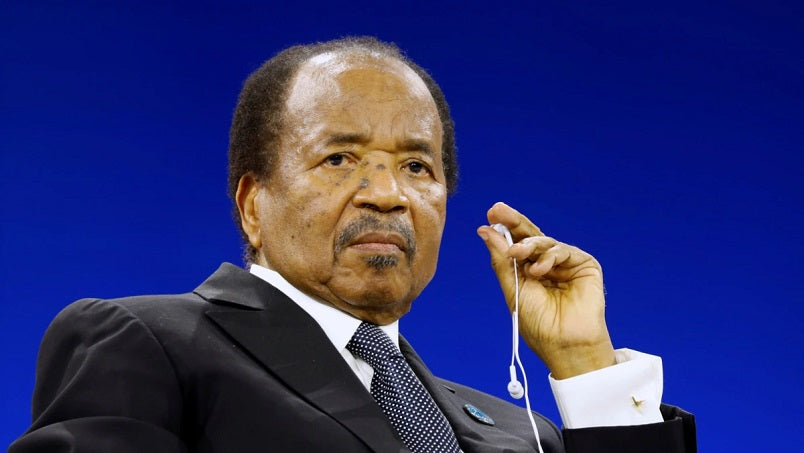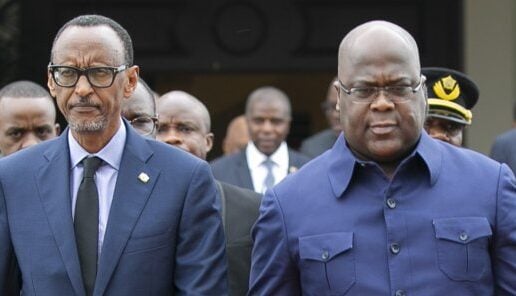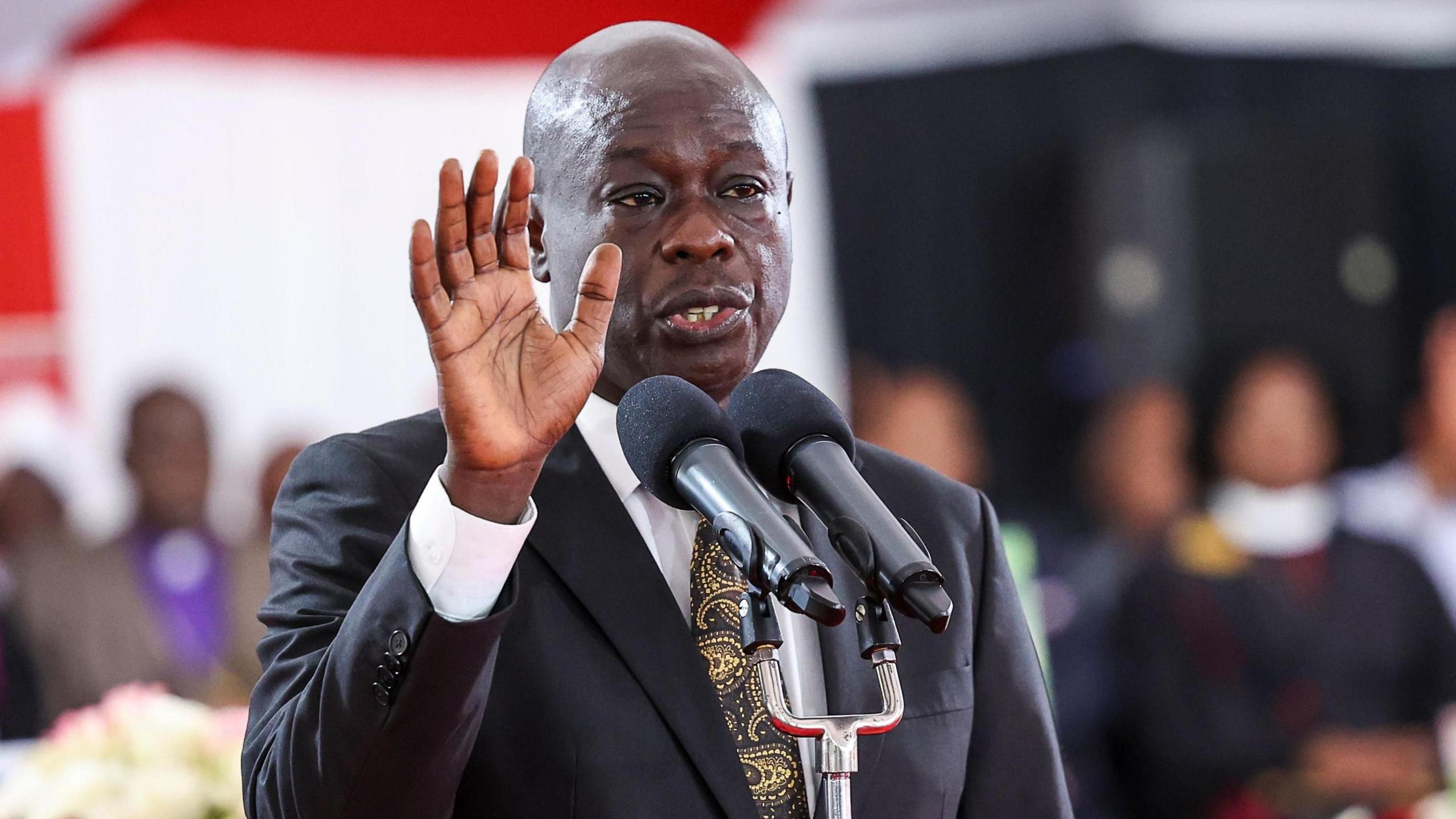
Paul Biya: end of an era in Cameroon with the disappearance of the "Sphinx of Etoudi"
Paul Biya, Cameroon's president for more than 40 years, died in France today. The event marks the end of a historic but controversial reign that deeply marked the country and Central Africa.
An emblematic figure with absolute power
Cameroon and Central Africa are in mourning after the announcement of the death of Paul Biya, president since 1982. At 91, the strongman of Yaoundé died in France, where he regularly stayed. His reign, both applauded and criticized, will have shaped the political landscape of his country for more than four decades. Nicknamed "the sphinx" because of his enigmatic style of governance and his exceptional longevity, Biya had survived several crises, including the Anglophone civil war in the North-West and South-West.
Coming to power after the resignation of his predecessor Ahmadou Ahidjo, Paul Biya consolidated his control by introducing an authoritarian regime, while promising democracy. However, his government has been accused of repression, electoral fraud and human rights violations. Despite this, he has won election after election, retaining power thanks to rigid management of the political system and the unwavering loyalty of his allies.
A Cameroon with an uncertain future
With the death of Paul Biya, Cameroon's future is uncertain. The president, omnipresent in political life, had never really prepared for his succession. Cameroon could face internal struggles for power, both within the government, but also in the ranks of the opposition, which has always seen Biya as an insurmountable obstacle. Beyond Cameroon's borders, the departure of this charismatic leader is redrawing the political chessboard of Central Africa, where Biya enjoyed considerable influence.
A contrasting heritage
While Biya has managed to maintain Cameroon's stability in the long term, his reign is far from free of criticism. The English-speaking areas of the country are in the grip of a separatist crisis that has claimed thousands of lives, while poverty and corruption still plague the country. Paul Biya leaves behind a divided country, with a weakened economy, but also a certain international prestige, thanks to his solid diplomatic relations and his role as arbiter in regional crises.
Cameroon is now entering a new era, without its historical pillar. The future of the country, uncertain, rests on how this transition will be managed, both by its relatives and by the opposing political forces.



Leave a comment
This site is protected by hCaptcha and the hCaptcha Privacy Policy and Terms of Service apply.